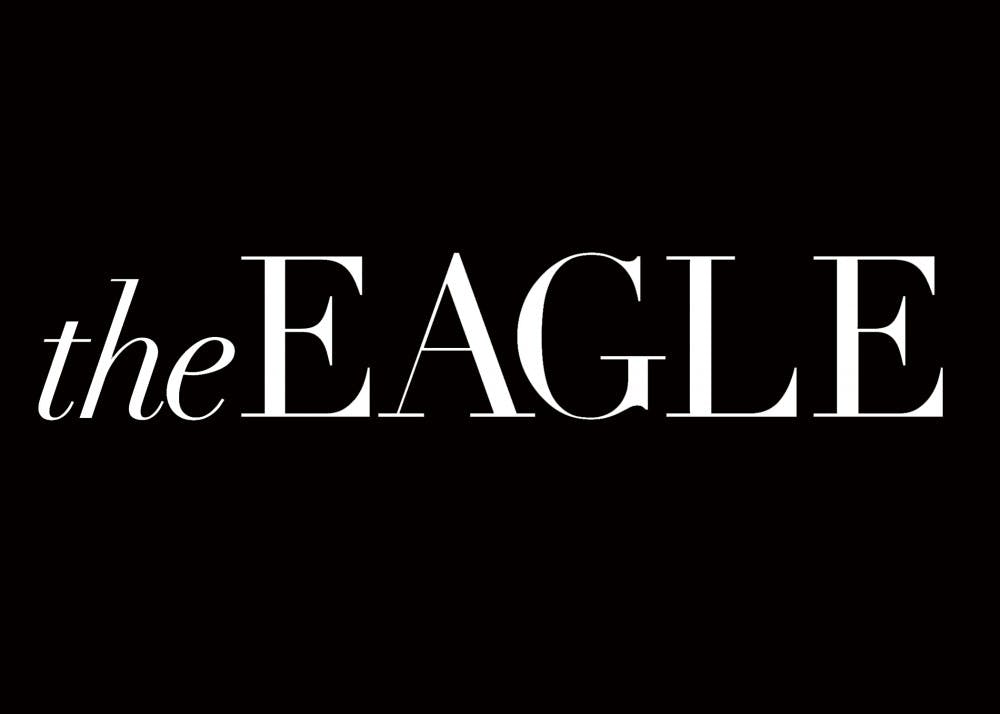After an unprecedented summer of racial justice and anti-racism activism, many students at American University have heeded the call to better support and listen to students of color, particularly Black students. Silence from many organizations echo loudly now, and it is in that silence that our student-athletes decided to bravely demand better. With demands that could change the Patriot League, their unprecedented organizing needs support.
On July 7, Patriot League women’s basketball players launched the Patriot League Social Justice Coalition, as reported by The Eagle. The coalition is composed of women’s, and now men’s, basketball players across the Patriot League that came together in response to a league that was simply not doing enough. In the aftermath of the killing of George Floyd, when schools, organizations and even brands were announcing their commitment to the Black community, the Patriot League was nearly silent. So student-athletes took matters into their own hands. Soon after the launch, they sent demands to Patriot League Commissioner Jennifer Heppel, which were obtained by The Eagle. These demands are simple and similar to steps taken by the WNBA and NBA. Student-athletes expect not just education and awareness, but action as well. They demand support from the conference in protesting, game-day pushes that would involve monetary support from the University and Black Lives Matter jersey patches.
At the forefront of these demands is perhaps the most actionable, long-term solution: hiring and recruiting more Black athletes, coaches, and administrators. And not just for “Diversity and Inclusion” positions.
These demands and this organization are commendable and impressive. The Patriot League student-athletes are thinking beyond the game and beyond their communities to consider how they can best leverage themselves and their talent to support social justice. This is the type of action that goes beyond an Instagram story. Especially as led by women’s basketball players, the Patriot League Social Justice Coalition is following the example of the WNBA, which has had many of its players, especially Black women, advocating for racial, social and criminal justice to the point of putting their careers on hold. It is vital to take note of the leadership Black women have always had, and continue to have, on these issues.
This organization, and the AU student-athletes involved, are going to benefit their community directly in the long-term, not just perform as allies like so many predominantly white student organizations. Student-athletes are not just players, not just a team, but multifaceted members of our campus community that are advocating for better. On the University’s part, they have been more supportive than the Patriot League itself — but that is a very low bar. The AU athletic department has told student-athletes that they would be supported in protests, but as the Patriot League Social Justice Coalition has demanded, the Patriot League needs to make this same guarantee. If the University administration wants to really be a school of changemakers, then they need to throw their support behind student-athlete action, not just education and advocacy initiatives.
Like almost every part of AU, the athletic department is predominantly white. The administrative staff, coaches and players are all composed of very few people of color, as The Eagle has previously discussed. This lack of diversity within the leadership of athletic teams and departments is a pattern often seen at the national level, contributing to a culture where people of color are a source of entertainment, but not viewed as complex people. A culture where Black athletes are not expected to lead their communities and advocate for justice, but rather serve as entertainment for white audiences who prefer to not be reminded of their individual and systemic racism. Racial and social justice are no longer confined to the political arena, but have spread into the basketball, football and baseball communities. This coalition has, in no uncertain terms, criticized the Patriot League, a brave step that other students on campus should find inspiring.
When it comes to student body support for our athletes and their initiatives, there has been relative silence. As is so often the excuse, AU “isn’t a sports school.” These demands would be a huge part of bettering the department, which betters the whole campus. But instead of statements from other clubs, many of which on this campus are almost entirely white, this initiative has been left to the student-athletes only. The campus community needs to be better at supporting athletes instead of ignoring them. Continuing to dismiss student-athletes is a symptom of a campus culture that is often not willing to cross social boundaries. Especially now, as these teams are coming together for social justice, something most organizations on this campus are supposedly passionate about, there has been virtually no public appreciation. The Patriot League Social Justice Coalition is worth the letter of support from every student organization on campus. As it is led by women’s basketball in particular, the student body is missing a serious opportunity to raise awareness of these athletes' demands and asking for rights. The University community must commend and support this organization.
To reiterate: These women’s basketball players are taking leadership roles in a moment where so many are content to sit behind screens. They are asking for not just more committees and more education on racism, but tangible steps. What is perhaps most brilliant about these demands is their simplicity, the way these student-athletes were able to recognize a problem and articulate long-term solutions. In a global situation where their seasons have been taken from them, these athletes don’t have the opportunity to do something they love, and are taking an active political stance. They are demanding better and more.
We should all follow their lead.





